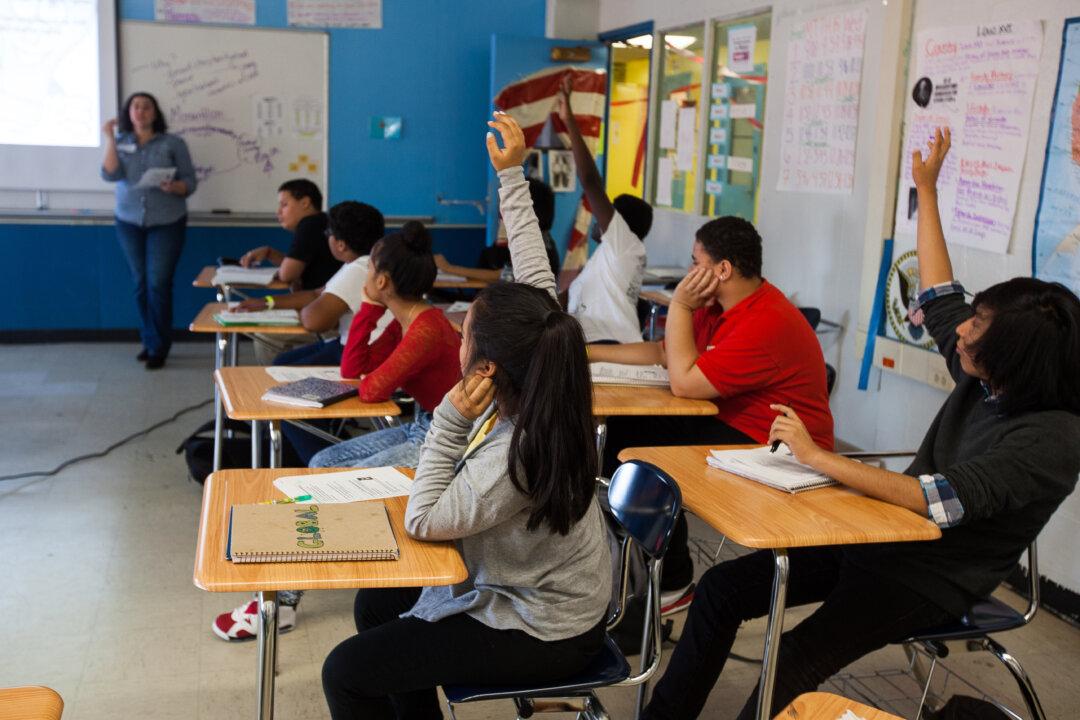With the New Year upon us, a host of changes in education is set to mark the lives of the city’s students, parents, and educators alike.
While students can expect a loosening up of Mayor Bill de Blasio’s liberal policies, teachers and administrators may face stiffer control pushed by Governor Andrew Cuomo.
Education is expected to be a major part of policy debates on the city and state levels—each to impact New Yorkers’ lives in 2015.
The mayor is expected to allow cell phones in schools.





